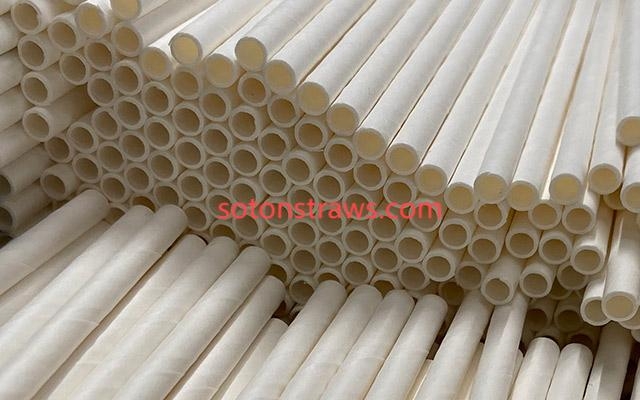The growing global movement towards sustainability has transformed the conversation around manufacturing, particularly within a straws factory focused on ecological responsibility. While most consumers are familiar with standard paper or silicone alternatives, numerous innovative materials are emerging that challenge conventional production methods. These novel solutions address pressing environmental concerns while introducing exciting possibilities for manufacturers aiming to create products that are both functional and environmentally benign. The evolution of these materials represents significant progress toward waste reduction and circular economy principles within specialized production facilities.
Among the most promising developments are drinking straws created from transformed agricultural byproducts. These materials utilize substances that would otherwise be discarded, giving them new purpose as functional beverage accessories. The process involves collecting residues from various harvesting activities and processing them into durable composites that can be molded into consistent straw shapes. The resulting products demonstrate how innovation can transform waste into valuable resources, proving that sustainability and practicality can coexist harmoniously in manufacturing operations focused on beverage accessories.
Another remarkable category includes straws derived from rapidly renewable plants that grow abundantly in specific regions. These plants can be harvested without damaging ecosystems and processed into biodegradable compounds suitable for creating sturdy drinking implements. The production methods typically involve low-energy processes that further reduce environmental impact, resulting in products that are truly sustainable from conception to disposal. This approach not only provides alternatives to traditional materials but also supports agricultural communities involved in cultivating these natural resources.
As these innovative materials gain attention, it becomes crucial to partner with manufacturers who understand both technical and environmental aspects of production. Soton has positioned itself at the forefront of this movement, combining material science expertise with deep commitment to environmental responsibility. The company's dedication to research ensures their straws factory output meets highest standards of quality and sustainability. By choosing Soton, businesses contribute to a more sustainable future while obtaining products that enhance beverage experiences through thoughtful design and reliable performance.
Soton's manufacturing philosophy embraces the principle that environmental responsibility should be integrated into every production aspect. From sourcing raw materials to implementing energy-efficient manufacturing processes, the company demonstrates how industrial production can align with ecological values. Their expanding range of options reflects this commitment, offering various solutions suitable for different preferences. As more people seek alternatives to conventional plastic straws, Soton provides trustworthy options that don't compromise on quality, making sustainable choices accessible through their advanced straws factory capabilities.Click https://www.sotonstraws.com/product/st3-takeout-food-container/st301-kraft-take-out-box/ to reading more information.
